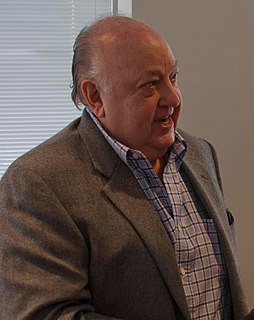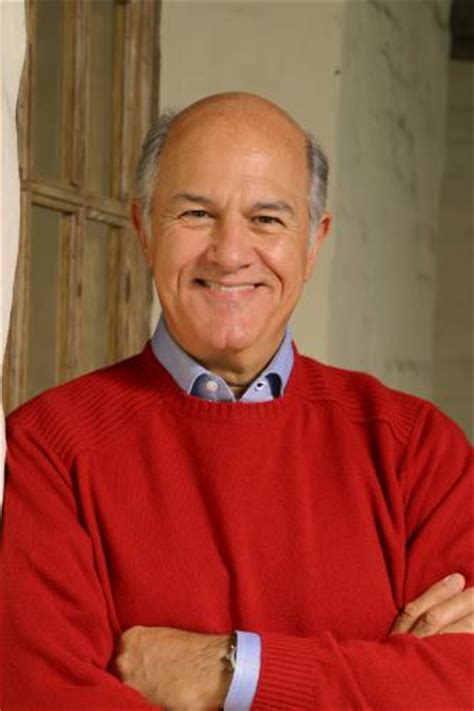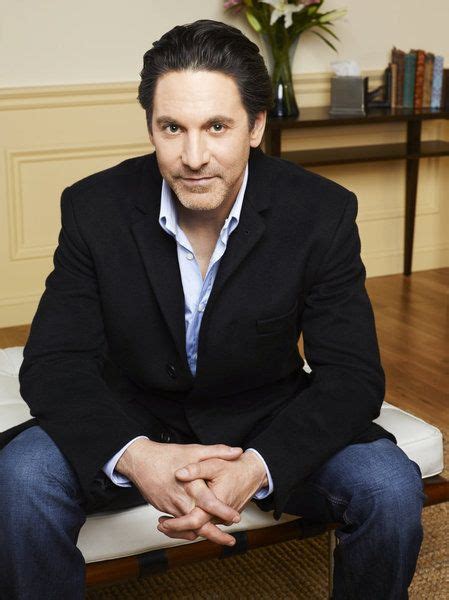A Quote by Roger Ailes
To determine whether or not you have the ingredients to be charismatic, answer the following questions: What are your real feelings about who you are? What do you believe in? Do you have goals or a mission in life? Do you project optimism? Do others turn to you for leadership? Noncharismatic people spend their lives auditioning for others and hoping they'll be accepted. Charismatic people don't doubt their ability to add value to a situation, so they move forward with their mission.
Related Quotes
Leadership is much less about what you do, and much more about who you are. If you view leadership as a bag of manipulative tricks or charismatic behaviors to advance your own personal interest, then people have every right to be cynical. But if your leadership flows first and foremost from inner character and integrity of ambition, then you can justly ask people to lend themselves to your organization and its mission.
Most people believe that great leaders are distinguished by their ability to give compelling answers. This profound book shatters that assumption, showing that the more vital skill is asking the right questions…. Berger poses many fascinating questions, including this one: What if companies had mission questions rather than mission statements? This is a book everyone ought to read—without question.
In order to have a charismatic leader, you have to have a charismatic program. Because if you have a charismatic program, then if you can read you can lead. When the leader gets killed while you're reading from page 13 of your charismatic program, you can bury the man with honors, then continue the plan by reading from page 14. Let's keep on.
No matter what your mission is, have some notion in your head. Forget the model, whether it's government or nonprofit or profit. Ask yourself the more important question: Is my mission improving the world? Are you sure about it? Seek to disconfirm that all the time. And if you can, change your mission.
My greatest influences are actually probably a set of different teachers. And these teachers, most prominently at my high school, but also a few others, helped kind of instill in me, thinking thoughts about how life is meaningful in terms of how we all kind of live in a network of people and how you interact with those people is part of what makes life essentially meaningful and then kind of concepts to think about, how do you add value to other people's lives? How do they add value to yours? And how do you kind of form a community together in the network?
Recognizing the good, not just in one's own personal circumstances, but in the world, makes anything possible. When I am asked about the important characteristics of leadership, being of good, positive mind is at the top of my list. If a leader can focus on the meritorious characteristics of other people and try to play to their strengths as well as find value in even the most difficult situation, she can inspire hope and faith in others and motivate them to move forward.



































